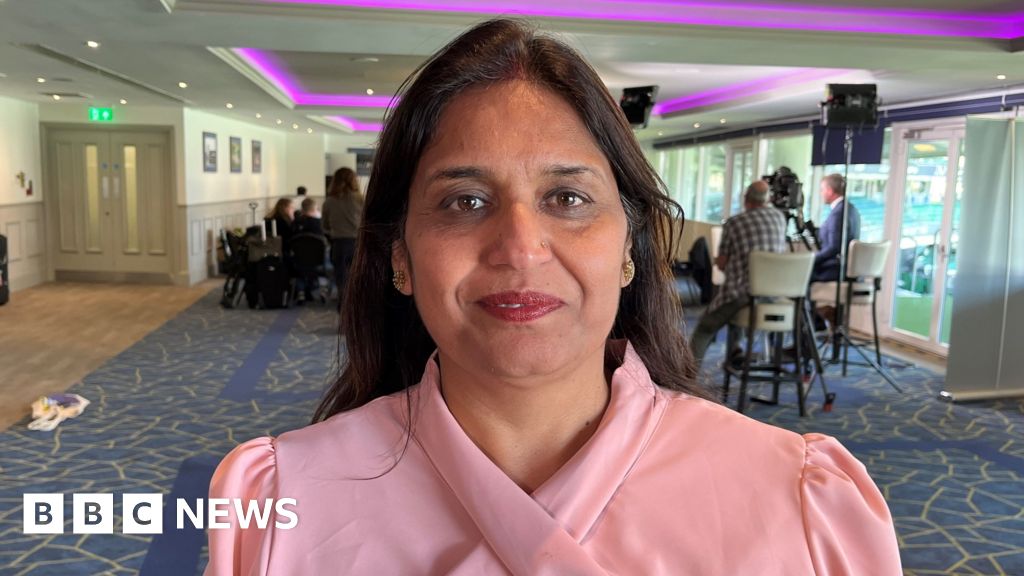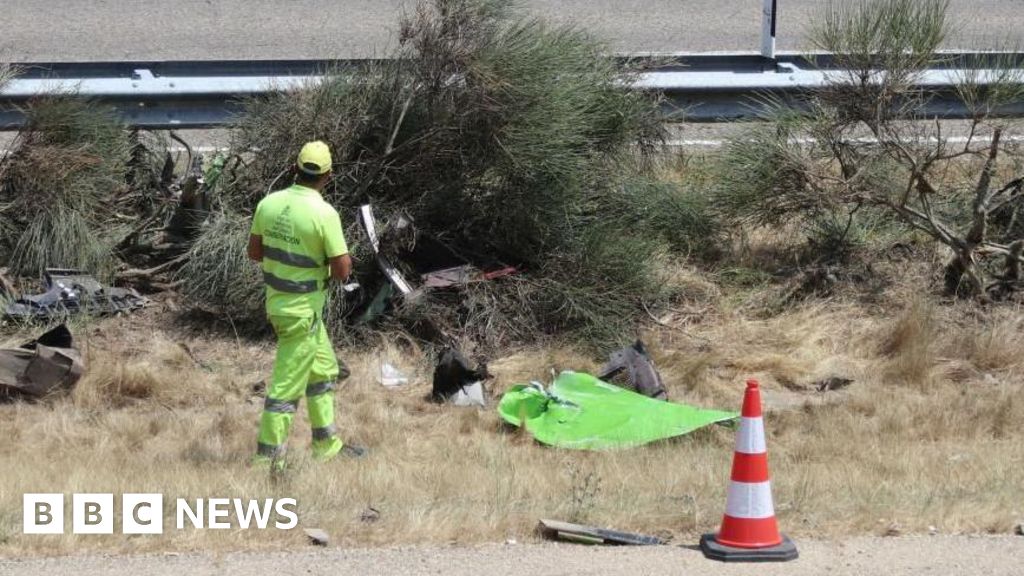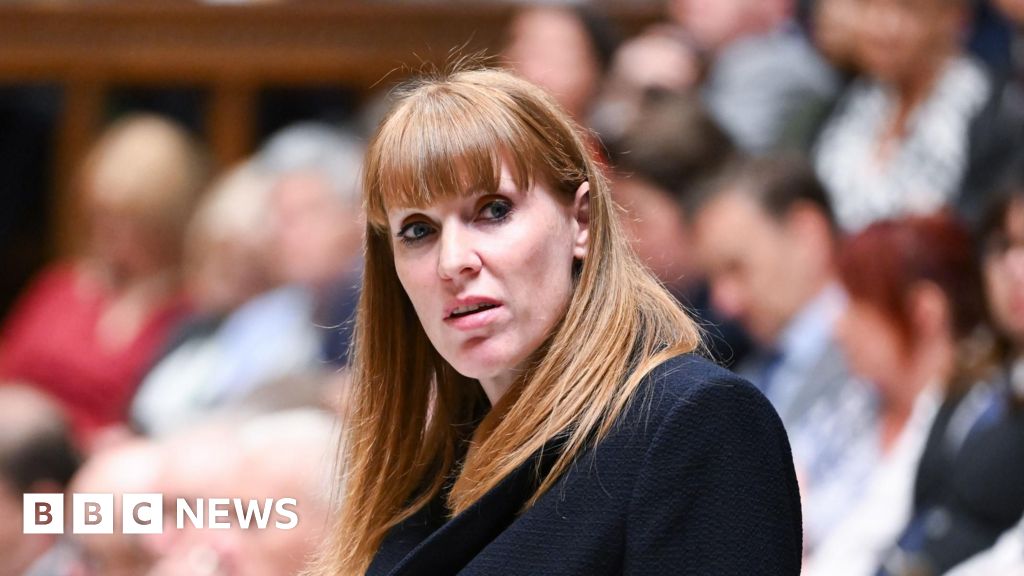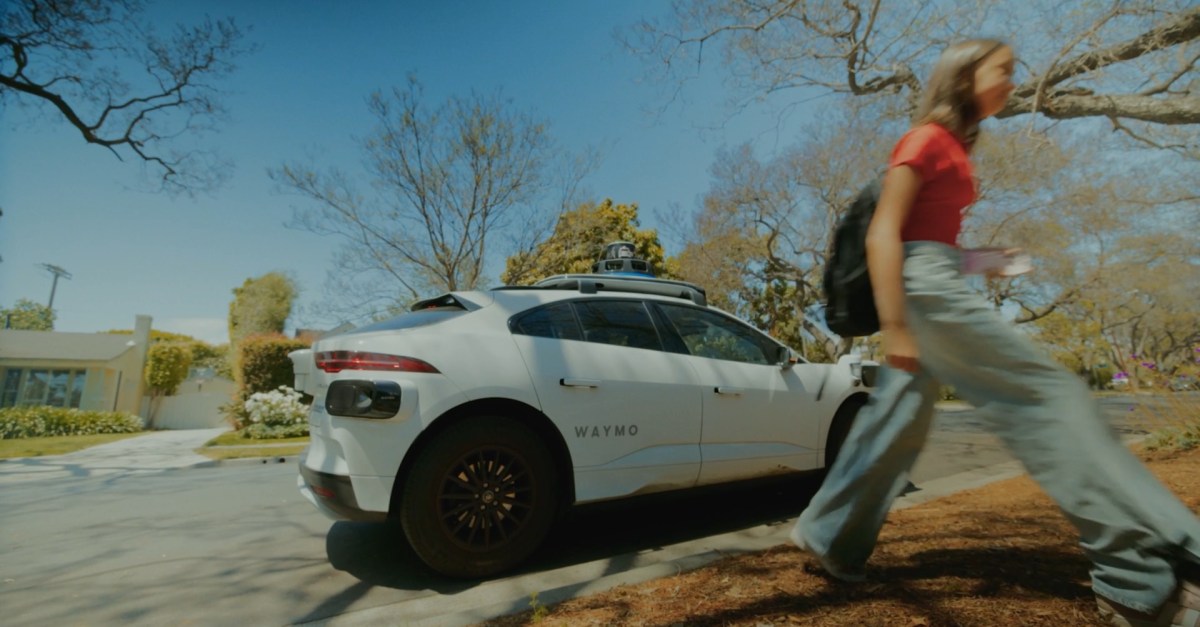 Family handouts
Family handoutsThe Southport murders were “one of the most egregious crimes in our country’s history” the chairman of the public inquiry into the atrocity has said.
The inquiry will examine how the “deteriorating and deeply troubling behaviour” of Axel Rudakubana, who went on to “cause such devastation” on 29 July 2024, was dealt with by public bodies.
Alice Aguiar, nine; Elsie Dot Stancombe, seven and six-year-old Bebe King died while eight other children and two adults were seriously wounded during the attacks at a dance studio in the Merseyside town.
The first live hearings have now begun at Liverpool Town Hall, chaired by retired senior judge Sir Adrian Fulford.
Sir Adrian said he was committed to delivering “sensible and achievable” recommendations.
He told a council chamber packed with legal representatives, lawyers, the media and the public that “ordinary language simply fails to reflect the enormity of what [Rudakubana] did.
“None of the most powerful adjectives even begin to suffice.
“There are no words that adequately describe what occurred and I am not going to try, and then fail, to find them.”
‘Risk posed’
Sir Adrian said the inquiry, announced by Home Secretary Yvette Cooper in April, would involve two stages.
The first will analyse “the perpetrator’s history and his dealings with all of the relevant agencies”.
He continued: “We will identify the decisions that were made or not made, how information was shared and extent to which the risk he posed was addressed, along with any missed opportunities to prevent what occurred.”
The second phase would involve looking at the “wider phenomenon of children and young people who are being drawn into extreme violence”.
A few minutes after Sir Adrian began addressing the chamber, he asked all present to stand for a minute’s silence in memory of Alice, Elsie and Bebe.
 PA Media
PA MediaSir Adrian quoted Prime Minister Sir Keir Starmer, who said “Southport must be a line in the sand” and that “nothing will be off the table in this inquiry – nothing”.
He said that “troubling” facts about Rudakubana, who the hearing was told would only be referred to by his initials AR or as “the perpetrator”, would be explored in detail.
The inquiry heard how, on one occasion, Rudakubana had attended a school in December 2019 after he had been excluded and attacked a pupil with a hockey stick.
He was found to have a knife in his bag and said he wanted to kill another student.
Sir Adrian said Rudakubana was referred to the counter extremism service Prevent on three occasions between 2019 and 2021 based on concerns about his online activity, which included research into school shootings, the Libyan military dictator Colonel Gaddafi and the London Bridge terror attacks.
The inquiry also heard Rudakubana had been reported missing on 17 March 2022 before being found by police on a bus with a knife.
Sir Adrian said: “Again, of potential critical importance, he said that he wanted to stab someone.”
Other disturbing details included online research into terrorist atrocities and his purchase of weapons online, including a bow and arrow, knives, machetes and the ingredients he later used to make ricin.
 PA Media
PA MediaSir Adrian said the inquiry would focus on whether the state has the “mechanisms” to intervene in such cases.
He pointed out that the Crime and Policing Bill, which has passed its second reading in the House of Commons, would create so-called “youth diversion orders” which are aimed at those under 22 involved in terrorist offending in order to “divert them from the wider criminal justice system”.
However, Sir Adrian said Rudakubana’s offences were not terrorist related.
He said questions must be asked about the balance between civil liberties and public protection, and the inquiry could look at recommendations such as whether electronic tags or online restrictions could be imposed on young people considered at risk of committing extreme violence before they have broken the law.
Other issues the inquiry will consider include whether online checks on people buying potential weapons are fit for purpose.















Leave a Reply